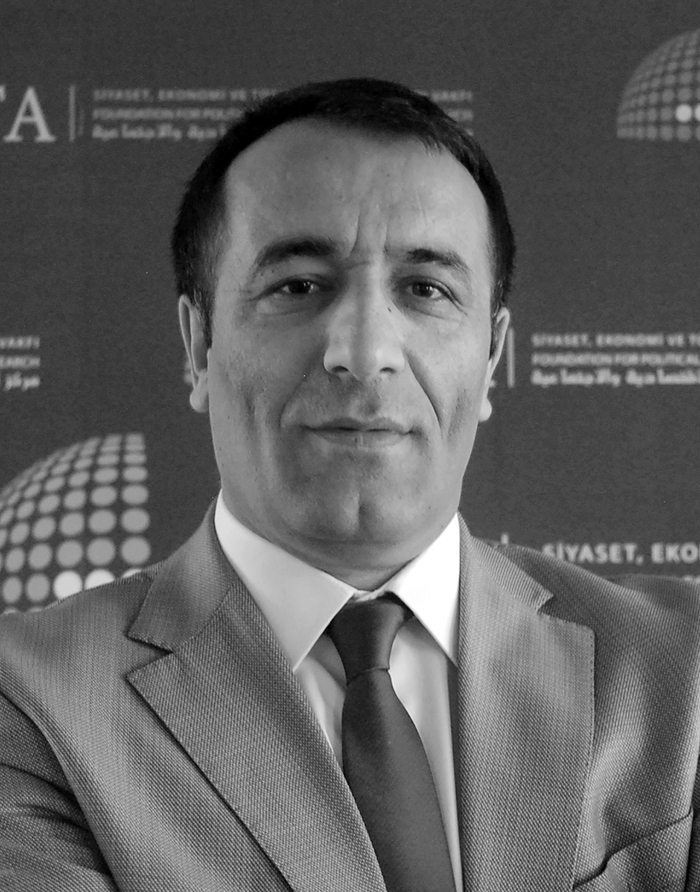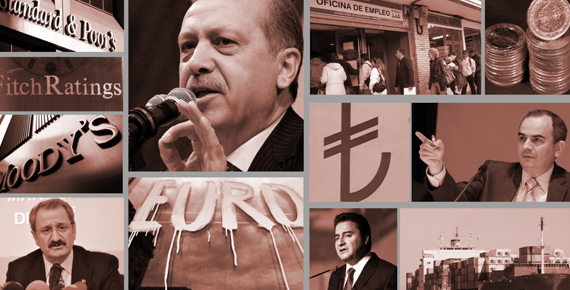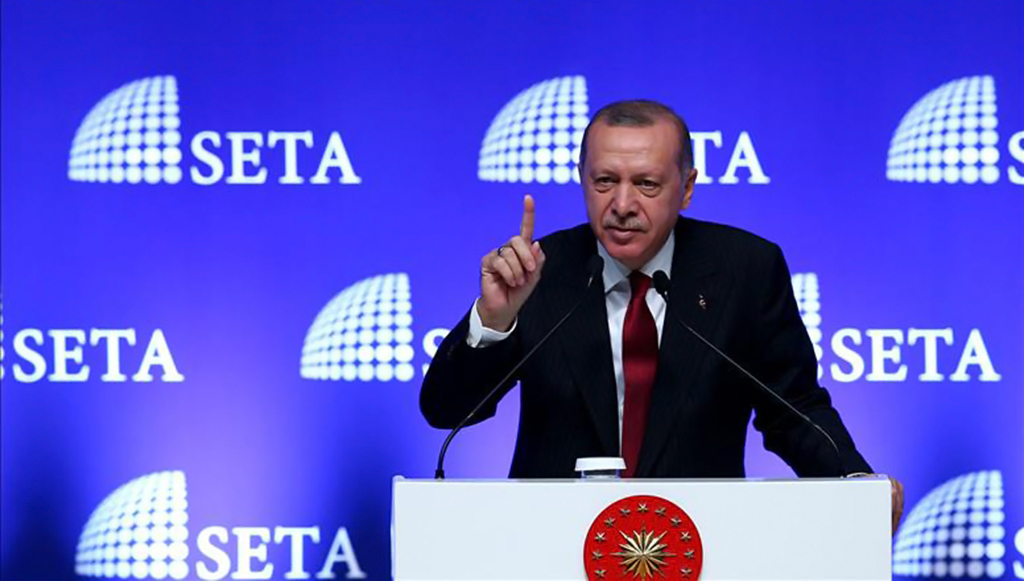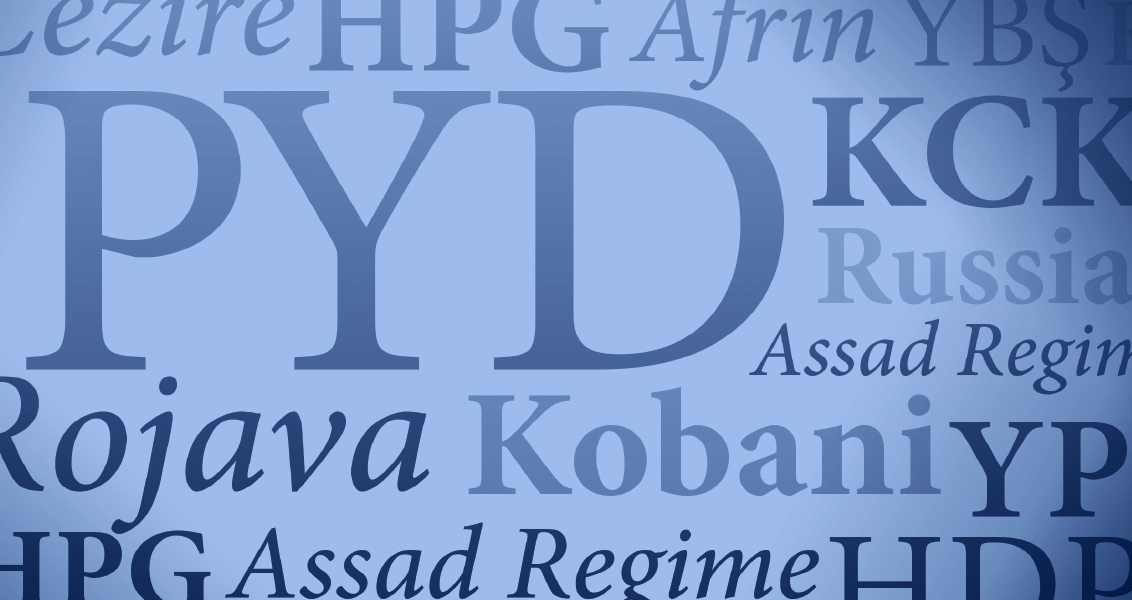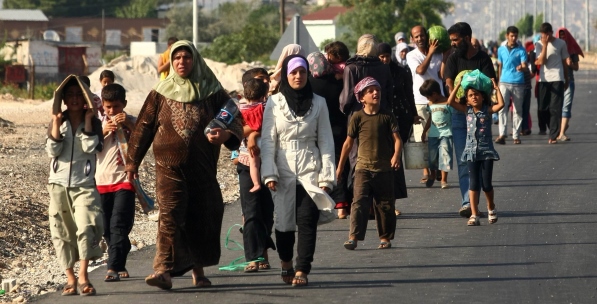The ongoing debt crisis in EU countries and shrinking of the global economy in 2012 provoked pes-simistic scenarios regarding economic growth, causing developed and developing countries to re-vise down their economic growth plans. Due to high dependency on imports and low-value-added production, economic growth resulted in a swift increase in Turkey’s current account deficit in 2011. Therefore Turkey had to choose between economic growth and current account deficit in 2012. As a result, the growth target for 2012 set out in 2012-2014 Medium Term Program was reduced from 4 percent to 3.2 percent in 2013-2015 Medium Term Program.
In the first nine months of 2012, Turkey recorded a 2.6 percent growth rate. Despite pessimistic outlook in the global economy, Turkey achieved a positive economic growth owing to its export rate. Despite the debt crisis in Eurozone in 2011 Turkey increased its market share and ensured geo-graphic diversity. This gave positive impetus to exports. Increase in foreign trade volume continued in 2012 and a net export-weighted economic growth was achieved. The Central Bank is expected to cut interest rates so that exports and domestic demand contribute to economic growth in the upcoming periods. The cuts in the policy interest rate will lead to a substantial decrease in credit interests and will also contribute to the boom in economic activity.
Within the scope of monetary policies, Turkey adopted practices towards building up resistance to fragilities caused by external balance, credit expansion and capital inflows. As a result, Turkey, on the one hand, achieved soft-landing by controlling current account deficit while it on the other hand aimed to maintain a healthier composition of external financing.
As a result of measures on current account deficit taken in 2012, one of the three leading inter-national credit rating agencies, Fitch raised Turkey’s grade to investment grade (BBB-) for the first time in 18 years. Turkey’s almost 0 percent current account deficit excluding energy, decrease in macro-financial risks in the short term, sustainable economic growth, decrease in public debt and in inflation, strong banking system and increasing resistance to crisis have all played a role in Fitch’s decision.
Translated by Gülgün Kozan Köse
